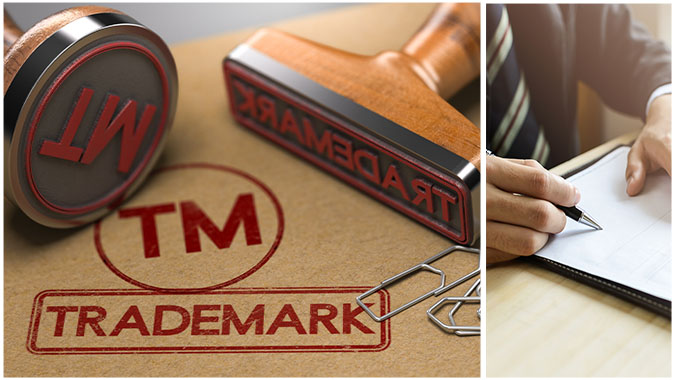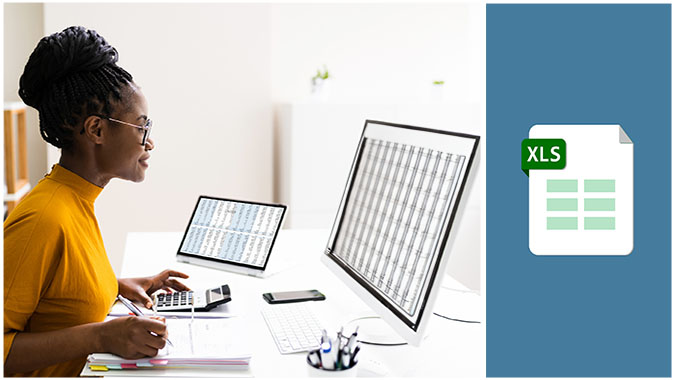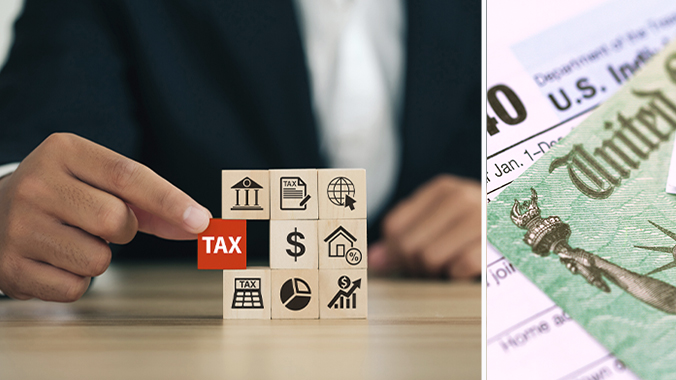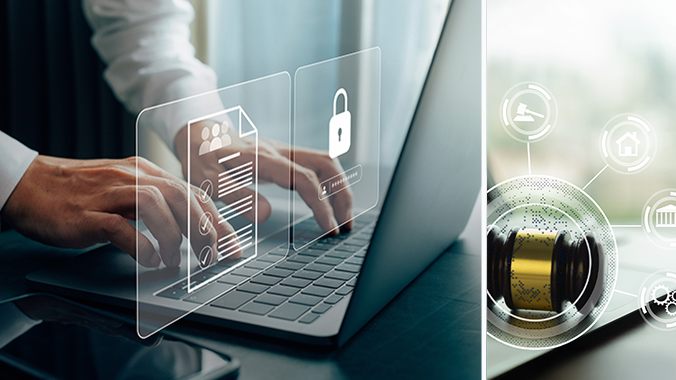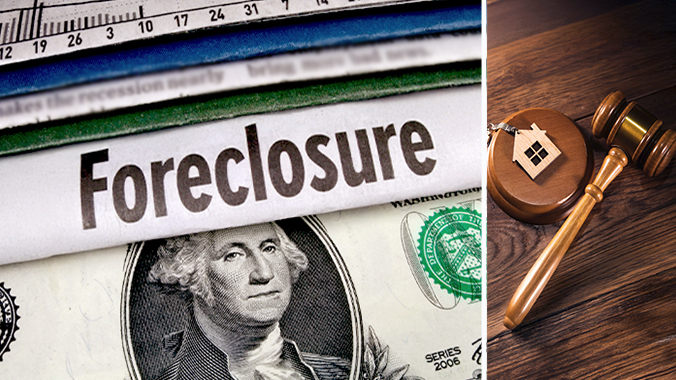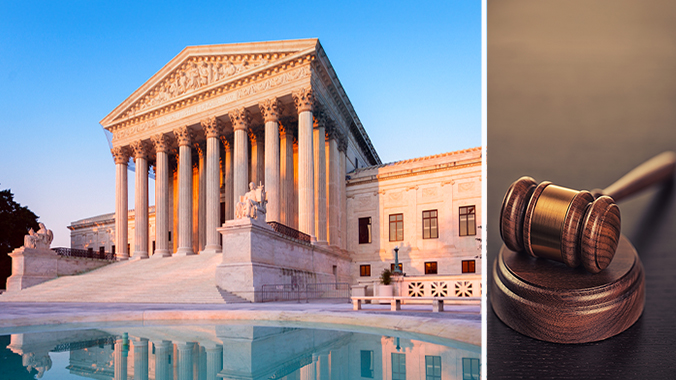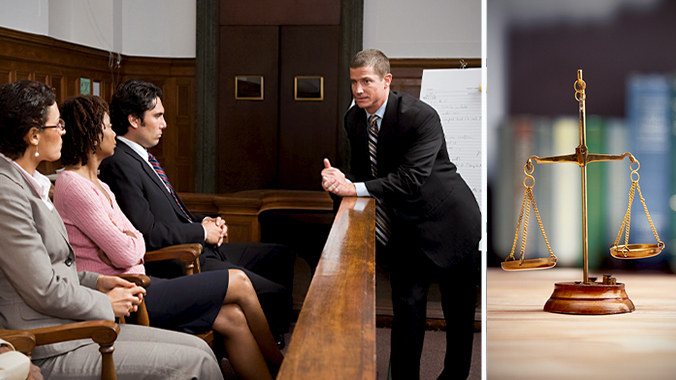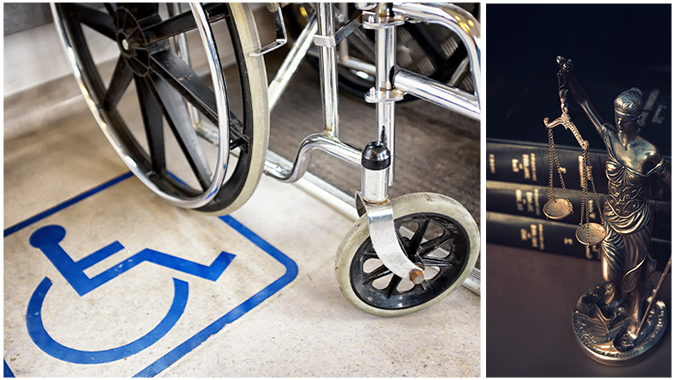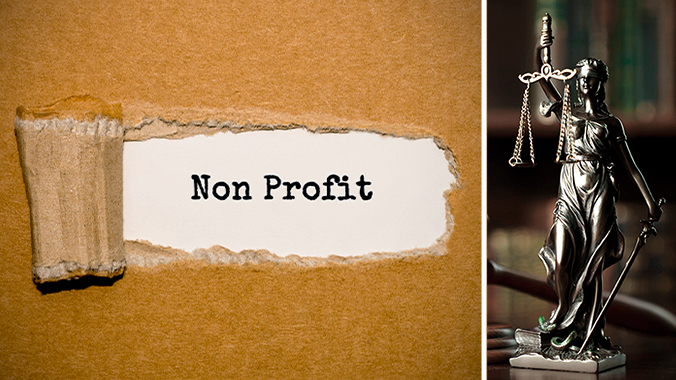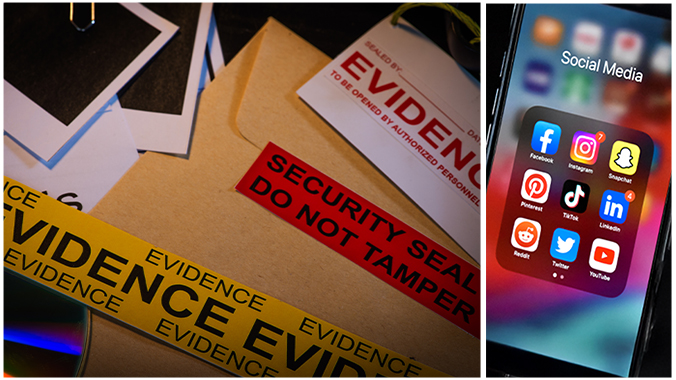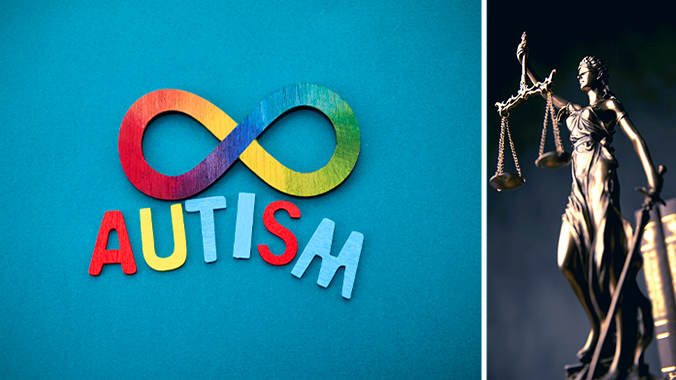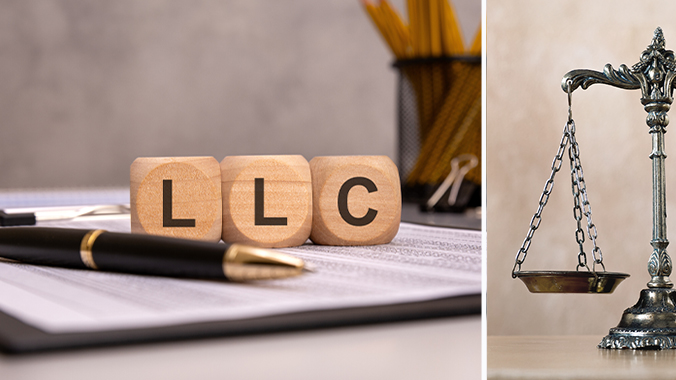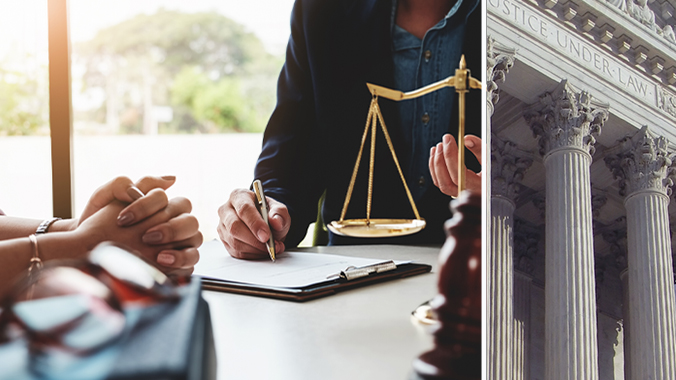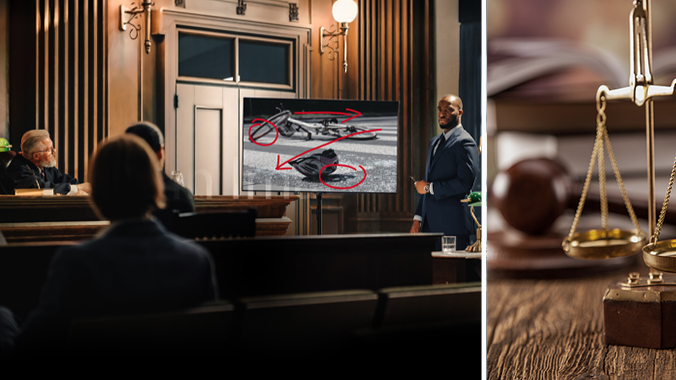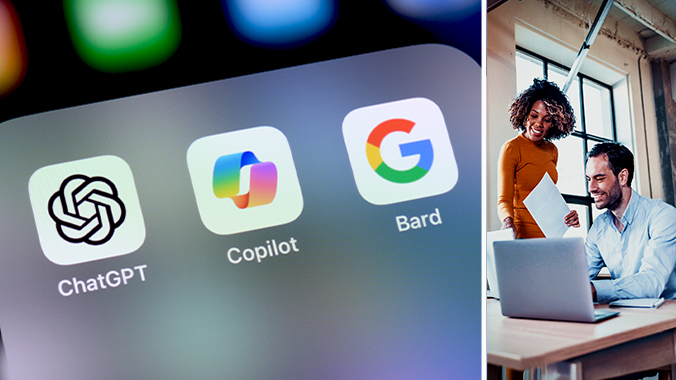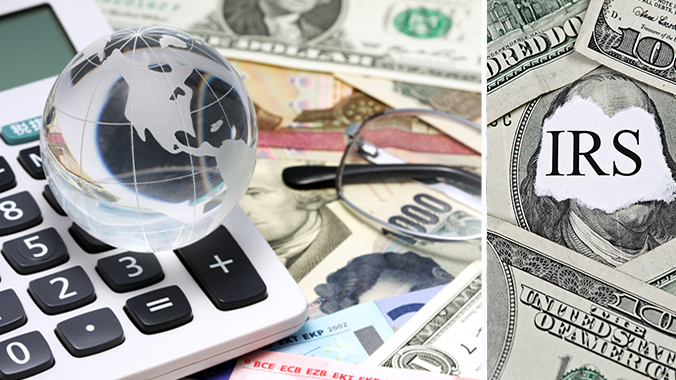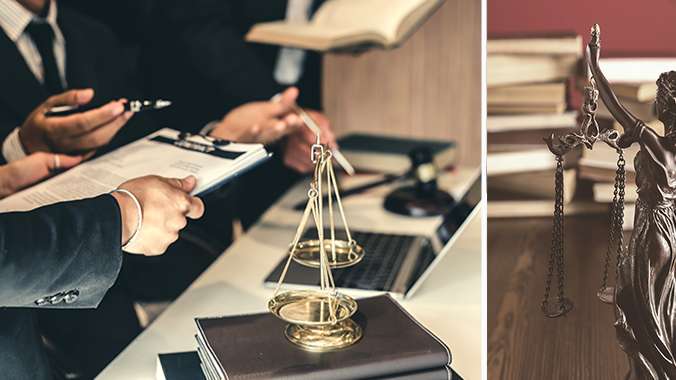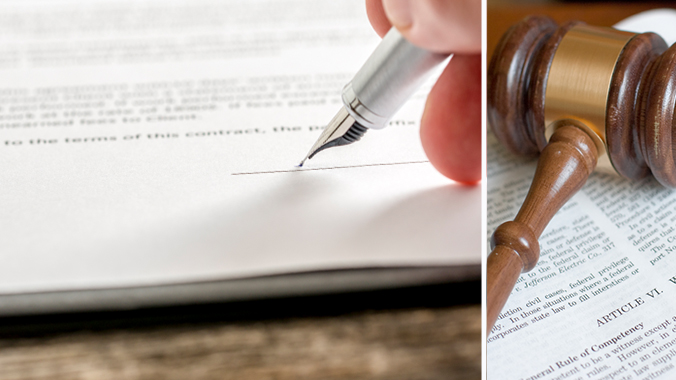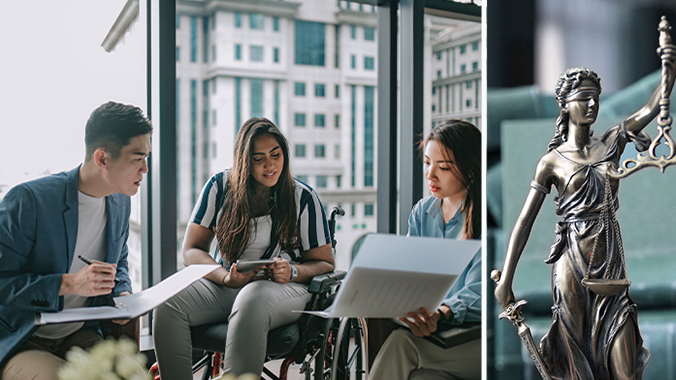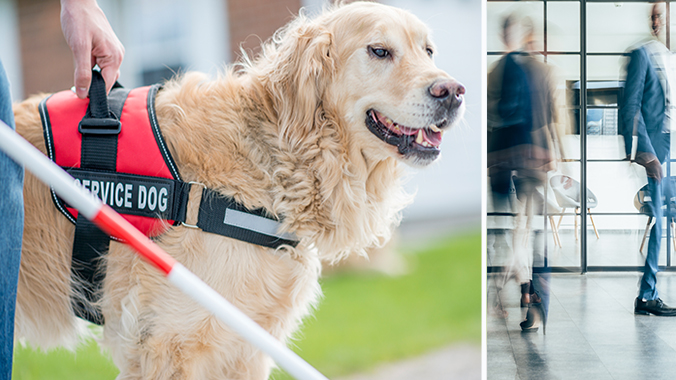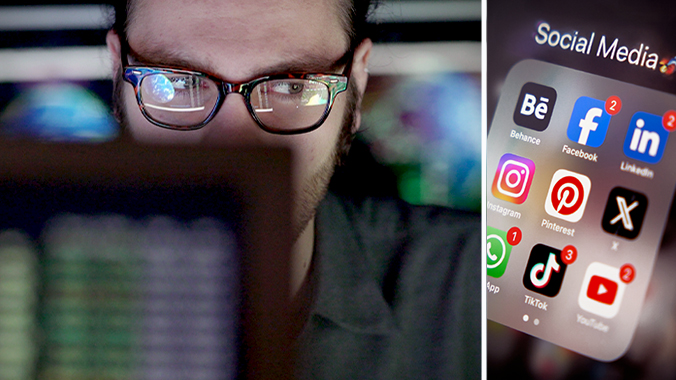Delta-8 and other Cannabinoids, Regulated or Not, and the Impact of Cannabis (2024 Edition) [Including Ethics]



3 hour CLE
Tuition: $245.00
Get this course, plus over 1,000+ of live webinars.
Learn More
Training 5 or more people?
Sign-up for a law firm subscription plan and each attorney in the firm receives free access to all CLE Programs
Program Summary
Session I - What the Hemp Is Going On? – David C. Holland
While a rich part of our country’s history for hundreds of years, Hemp was banned as an agricultural crop since the 1930s and was designated as Schedule I prohibited substance in 1970 under the federal Controlled Substance Act (CSA). As such, the plant, its multitude of uses as a crop, fiber, and food source, and all its derivative cannabinoid compounds were illegal and subject to harsh criminal penalties under federal law. That changed with enactment of the federal “Farm Bill of 2018” that removed hemp, but not ‘marijuana’ from any Schedule under the CSA. Since descheduling of Hemp, there has been vast development of unregulated hemp derived cannabinoids.
Key topics to be discussed:
- History of Hemp and its prohibition in America through the CSA of 1970
- 2018 Farm Bill and Descheduling
- An understanding of cannabinoids
- Distinguishing between CBD, THC and CBN
- Variations of Delta 9 in Marijuana and Delta 8 and other hemp derived compounds
- The impact of descheduling Hemp and growth of the unregulated cannabinoid hemp markets across the United States
- Conflicts between State and Federal laws
- Efforts to control the unregulated cannabinoid hemp market
- Legal issues presented by unregulated hemp and its impact on state regulated cannabis markets
Session II - Where There’s Smoke, Is There Fire? Weeding through the ethical issues confronting the cannabis practitioner – Jan Jacobowitz and Rachel Gillette
This presentation will explore the myriad of ethics concerns in a cannabis practice. A primary concern is Rule 1.2 Scope of Representation, which prohibits a lawyer from advising a client to engage in criminal activity. Cannabis remains illegal federally, so various states have addressed the federal illegality with differing approaches ranging from permitting a lawyer to practice in the area to an absolute prohibition. Consequently, the states have created a patchwork of ethics advisory opinions and amendments to the rules. Moreover, even after determining that a jurisdiction permits a cannabis practice, a lawyer must analyze other fundamental ethics rules and issues—questions abound.
Does a lawyer have the required Rule 1.1 Competence to practice cannabis law? May a lawyer accept payment, in accordance with Rule 1.5 Fees, from a client in cannabis? May a lawyer invest with or without a client in the cannabis industry under Rule 1.8 Other Conflicts, and Rule 8.4 Misconduct? If a lawyer outsources a portion of a client’s cannabis case, has lawyer acted in accordance with Rule 1.3 Diligence in investigating the third-party contractor to ensure Confidentiality under Rule 1.6? And does the lawyer have the ability to properly supervise under Rule 5.3 to ensure competence and confidentiality? Finally, may a lawyer consume cannabis for medical or recreational purposes under the legal ethics misconduct rules?
All these questions and more will be addressed in this interactive presentation.
Key topics to be discussed:
- Navigating state vs. Federal legal divergence
- Competence and professional responsibility in cannabis law
- Financial considerations and fee structures in cannabis law practice
- Third-party relationships, confidentiality, and ethical use
![]() Closed-captioning available
Closed-captioning available
Speakers
 David C. Holland | Prince Lobel Tye LLP
David C. Holland | Prince Lobel Tye LLP
David C. Holland is a partner and a member of Prince Lobel’s Business Litigation and Cannabis practice groups. David is a highly sought-after civil and criminal litigation attorney who has an extensive background in representing a broad range of stakeholders in the cannabis industry. He is the Executive and Legal Director of Empire State NORML, the New York State affiliate of the National Organization for the Reform of Marijuana Laws (NORML) and is a Co-Chair of NORML’s Amicus Committee. He is also a co- founder and President of the New York City Cannabis Industry Association (NYCCIA) and Vice President of the Hudson Valley Cannabis Industry Association (HVCIA). David has served as a Legal Advisor to Last Prisoner Project (LPP) seeking clemency and habeas corpus relief for prisoners of the Drug War.
Previously, David spent a dozen years as Counsel to High Times Magazine handling all legal matters. During that same time he was Of Counsel to the late Michael Kennedy, Esq., an outspoken criminal defense, civil rights, and cannabis advocate. Together, they successfully pursued President Obama for group clemency petition on behalf of five elderly first time offenders serving at least one sentence of life without the possibility of parole for non-violent marijuana related offenses. All members of the group received relief with the last granted by President Trump in January, 2021. David is a regular lecturer at many multi-disciplinary legal and media events regarding cannabis related issues and frequent information source for local and national news media outlets.
David has been at the forefront of several challenges to the constitutionality of federal and state cannabis laws including submission of amicus curiae briefs to the United States Supreme Court in the cases of Washington v. Barr and Musta v. Mendota Heights Dental Ctr., arguing that the Schedule I status of cannabis under federal law is unconstitutional. He has also successfully pursued claims against the New York State Department of Corrections and Community Services on behalf of probationers who are being denied access to medical marijuana under the state’s Compassionate Care Act as well as reinstatement and backpay and benefits for a firefighter who was wrongly terminated from the Buffalo Fire Department for his lawful use of medical cannabis. David is repeatedly named as a Top 100 Attorney of the Year and a Metro New York Super Lawyer since 2022.
 Jan L. Jacobowitz | Legal Ethics Advisor
Jan L. Jacobowitz | Legal Ethics Advisor
Jan L. Jacobowitz is a legal ethics, social media, and technology expert who is the founder and owner of Legal Ethics Advisor. Jan provides legal ethics consulting, expert testimony, opinion letters, and CLE training to law firms and legal organizations. Recently, she has been involved in cases involving issues such as attorney fees, conflicts of interest, the unauthorized practice of law, and consulting on innovative collaborations to provide legal services.
Jan is the co-author of the book, Legal Ethics and Social Media, A Practitioner’s Handbook, the second edition of which was published in October 2022. She is among the first law school faculty throughout the country to teach Social Media and the Law.
Jan also co-developed and teaches Mindful Ethics: Professional Responsibility for Lawyers in the Digital Age, which served as the catalyst for the book that she co-authored, Mindfulness & Professional Responsibility—Incorporating Mindfulness into the Law School Curriculum.
For over a decade, she was the Director of the Professional Responsibility and Ethics Program (PREP) at the University of Miami’s School of Law. Under Jan’s direction, PREP was a 2012 recipient of the ABA’s E Smythe Gambrell Award—the leading national award for a professionalism program. She continues to teach professional responsibility as an Adjunct Professor at Miami Law.
Jan is a Past President of the Association of Professional Responsibility Lawyers (APRL) and the co-chair of its Future of Lawyering Committee (FOL). As a co-chair of FOL, Jan participates in the ongoing national conversation concerning rethinking attorney regulation to address issues of access to legal services, the unauthorized practice of law, and lawyers partnering with nonlawyers. She is one of the co-authors of APRL’s recent report and recommendation to amend ABA Rule 5.5 Unauthorized Practice of Law: Multijurisdictional Practice of Law. Jan served as one of five members of the Miami-Dade Commission on Ethics and the Public Trust from 2018-2020. She was the Vice Chairman of Broward County’s Committee on Oversight of the Inspector General from 2011 until May 2018.
Jan has a J.D. from George Washington University and a B.S. in Speech from Northwestern University. She is an active member of the Florida Bar, the D.C. Bar and the California Bar. She is also a certified civil court mediator. Jan and her family have made South Florida their home for the past 35 years.
Jan can be contacted through her website https://legalethicsadvisor.com or at jan@legalethicsadvisor.com
 Rachel Gillette | Holland & Hart
Rachel Gillette | Holland & Hart
A leading cannabis-focused lawyer, Rachel helps clients nationwide proactively plan and implement strategies to capitalize on strategic business opportunities.
At the vanguard of the marijuana industry, Rachel leverages more than a decade of experience guiding clients to establish, expand, and protect profitable businesses in a rapidly evolving legal, regulatory, and financial environment.
From years of interacting with regulators and taxing authorities Rachel knows how state and local provisions will be applied in practice and what clients can anticipate at every step of the licensing process and beyond. She vigorously protects clients’ interests in tax audits and deficiency assessments at the state and local level, as well as IRC §280E adjustments.
Clients value Rachel’s ability to distill complex, often overwhelming information, into a prioritized plan of action. As a strategic advisor, she helps clients prepare and get positioned to seize opportunities, like starting operations in newly legalized states, scale businesses into multiple jurisdictions, or launching new brands and products.
Rachel’s clients range from individual entrepreneurs and investors to start-ups to publicly traded companies with operations in one or multiple states in cannabis and cannabis-adjacent businesses. Domestic and international entities exploring cannabis business opportunities turn to Rachel for pragmatic, industry-savvy counsel as they evaluate potential options. Rachel also serves as an expert witness on legal and regulatory issues involving hemp, marijuana, CBD, and other cannabinoids.
Before she joined Holland & Hart, Rachel was a partner at Greenspoon Marder, serving as Chair of the firm’s Cannabis Law practice and as a member of the Management Committee.
Agenda
Session I – What the Hemp Is Going On? | 11:20am – 1:00pm
- History of Hemp and its prohibition in America through the CSA of 1970 | 11:20am – 11:30am
- 2018 Farm Bill and Descheduling | 11:30am – 11:40am
- An understanding of cannabinoids | 11:40am – 11:50am
- Distinguishing between CBD, THC and CBN | 11:50am – 12:00pm
- Variations of Delta 9 in Marijuana and Delta 8 and other hemp derived compounds | 12:00pm – 12:10pm
- The impact of descheduling Hemp and growth of the unregulated cannabinoid hemp markets across the United States | 12:10pm – 12:20pm
Break | 12:20pm – 12:30pm
- Conflicts between State and Federal laws | 12:30pm – 12:40pm
- Efforts to control the unregulated cannabinoid hemp market | 12:40pm – 12:50pm
- Legal issues presented by unregulated hemp and its impact on state regulated cannabis markets | 12:50pm – 1:00pm
Session II – Where There’s Smoke, Is There Fire? Weeding through the ethical issues confronting the cannabis practitioner | 1:00pm – 2:40pm
- Navigating state vs. Federal legal divergence | 1:00pm – 1:15pm
- Competence and professional responsibility in cannabis law | 1:15pm – 1:30pm
Break | 1:30pm – 1:40pm
- Financial considerations and fee structures in cannabis law practice | 1:40pm – 2:10pm
- Third-party relationships, confidentiality, and ethical use | 2:10pm – 2:40pm
Credits
Alaska
Approved for CLE Credits
1.5 General, 1.5 Ethics
Alabama
Pending CLE Approval
1.5 General, 1.5 Ethics
Arkansas
Approved for CLE Credits
1.5 General, 1.5 Ethics
Arizona
Approved for CLE Credits
1.5 General, 1.5 Ethics
California
Approved for CLE Credits
1.5 General, 1.5 Ethics
Colorado
Approved for Self-Study Credits
1.5 General, 1.5 Ethics
Connecticut
Approved for CLE Credits
1.5 General, 1.5 Ethics
District of Columbia
No MCLE Required
1.5 General Hours, 1.5 Ethics Hours
Delaware
Pending CLE Approval
1.5 General, 1.5 Ethics
Florida
Approved for CLE Credits
2 General, 2 Ethics
Georgia
Approved for CLE Credits
1.5 General, 1.5 Ethics
Hawaii
Approved for CLE Credits
1.5 General, 1.5 Ethics
Iowa
Pending CLE Approval
1.5 General, 1.5 Ethics
Idaho
Pending CLE Approval
1.5 General, 1.5 Ethics
Illinois
Approved for Self-Study Credits
1.5 General, 1.5 Ethics, Civility, Professionalism
Indiana
Pending CLE Approval
1.5 General, 1.5 Ethics
Kansas
Pending CLE Approval
1.5 Substantive, 1.5 Ethics
Kentucky
Pending CLE Approval
1.5 General, 1.5 Ethics
Louisiana
Pending CLE Approval
1.5 General, 1.5 Ethics
Massachusetts
No MCLE Required
1.5 General Hours, 1.5 Ethics Hours
Maryland
No MCLE Required
1.5 General Hours, 1.5 Ethics Hours
Maine
Pending CLE Approval
1.5 General, 1.5 Ethics
Michigan
No MCLE Required
1.5 General Hours, 1.5 Ethics Hours
Minnesota
Approved for Self-Study Credits
1.5 General, 1.5 Ethics
Missouri
Approved for CLE Credits
1.8 General, 1.8 Ethics
Mississippi
Pending CLE Approval
1.5 General, 1.5 Other (Ethics / Professionalism)
Montana
Pending CLE Approval
1.5 General, 1.5 Ethics
North Carolina
Pending CLE Approval
1.5 General, 1.5 Ethics
Nebraska
Pending CLE Approval
1.5 General, 1.5 Ethics
New Hampshire
Approved for CLE Credits
90 General minutes, 90 Ethics minutes
New Jersey
Approved for CLE Credits
1.8 General, 1.8 Ethics
New Mexico
Approved for Self-Study Credits
1.5 General, 1.5 Ethics
Nevada
Approved for Self-Study Credits
1.5 General, 1.5 Ethics
New York
Approved for CLE Credits
1.8 General, 1.8 Ethics
Ohio
Pending CLE Approval
1.5 General, 1.5 Ethics
Oklahoma
Pending CLE Approval
2 General, 2 Ethics
Oregon
Pending CLE Approval
1.5 General, 1.5 Ethics
Pennsylvania
Approved for Self-Study Credits
1.5 General, 1.5 Ethics
Rhode Island
Pending CLE Approval
1.5 General, 1.5 Ethics
South Carolina
Pending CLE Approval
1.5 General, 1.5 Ethics
South Dakota
No MCLE Required
1.5 General Hours, 1.5 Ethics Hours
Tennessee
Pending CLE Approval
1.5 General, 1.5 Ethics
Texas
Pending CLE Approval
1.5 General, 1.5 Ethics
Utah
Pending CLE Approval
1.5 General, 1.5 Ethics
Virginia
Not Eligible
1.5 General Hours Hours, 1.5 Ethics Hours Hours
Vermont
Approved for CLE Credits
1.5 General, 1.5 Ethics
Washington
Approved via Attorney Submission
1.5 Law and Legal, 1.5 Ethics Hours
Wisconsin
Approved for Self-Study Credits
3 General
West Virginia
Pending CLE Approval
1.5 General, 1.5 Ethics
Wyoming
Pending CLE Approval
1.5 General, 1.5 Ethics
#1 CLE Access Program
- Over 1,000 Live CLE Webinars each year
- All CLE webinars broadcasted in last 12 months
- Programs covering over 35 practice areas
- Hot topics & changes in the law
- All formats: Live, Replay, and On-demand
- Accreditation in every state
Access every CLE webinar,
every format, all year long!
myLawCLE All-Access Pass
only $395 yearly
Register Now
#1 CLE Access Program
- Over 1,000 Live CLE Webinars each year
- All CLE webinars broadcasted in last 12 months
- Programs covering over 35 practice areas
- Hot topics & changes in the law
- All formats: Live, Replay, and On-demand
- Accreditation in every state
Access every CLE webinar,
every format, all year long!
myLawCLE All-Access Pass
only $395 yearly
More CLE Webinars
Trending CLE Webinars





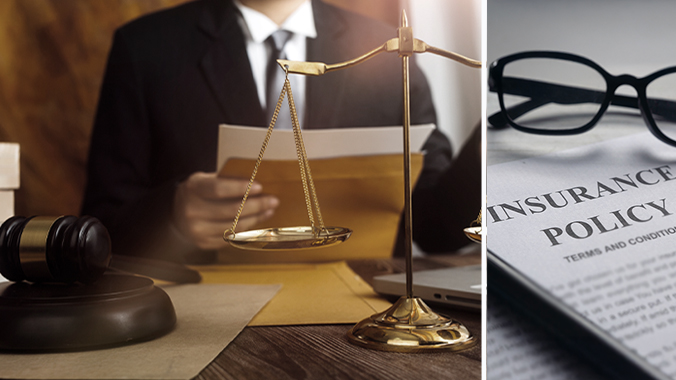
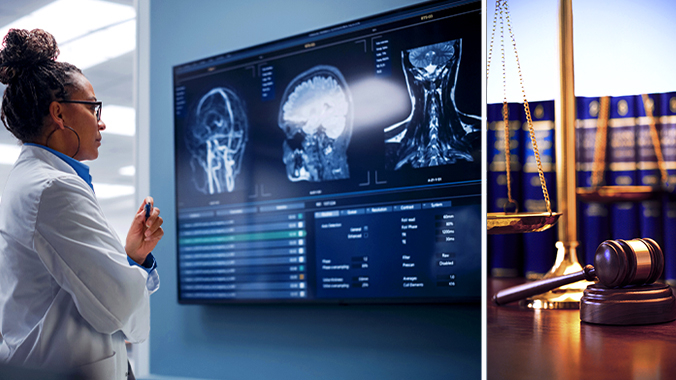
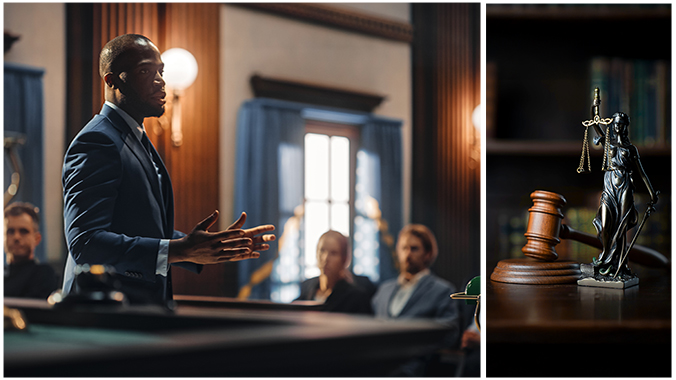

Upcoming CLE Webinars



